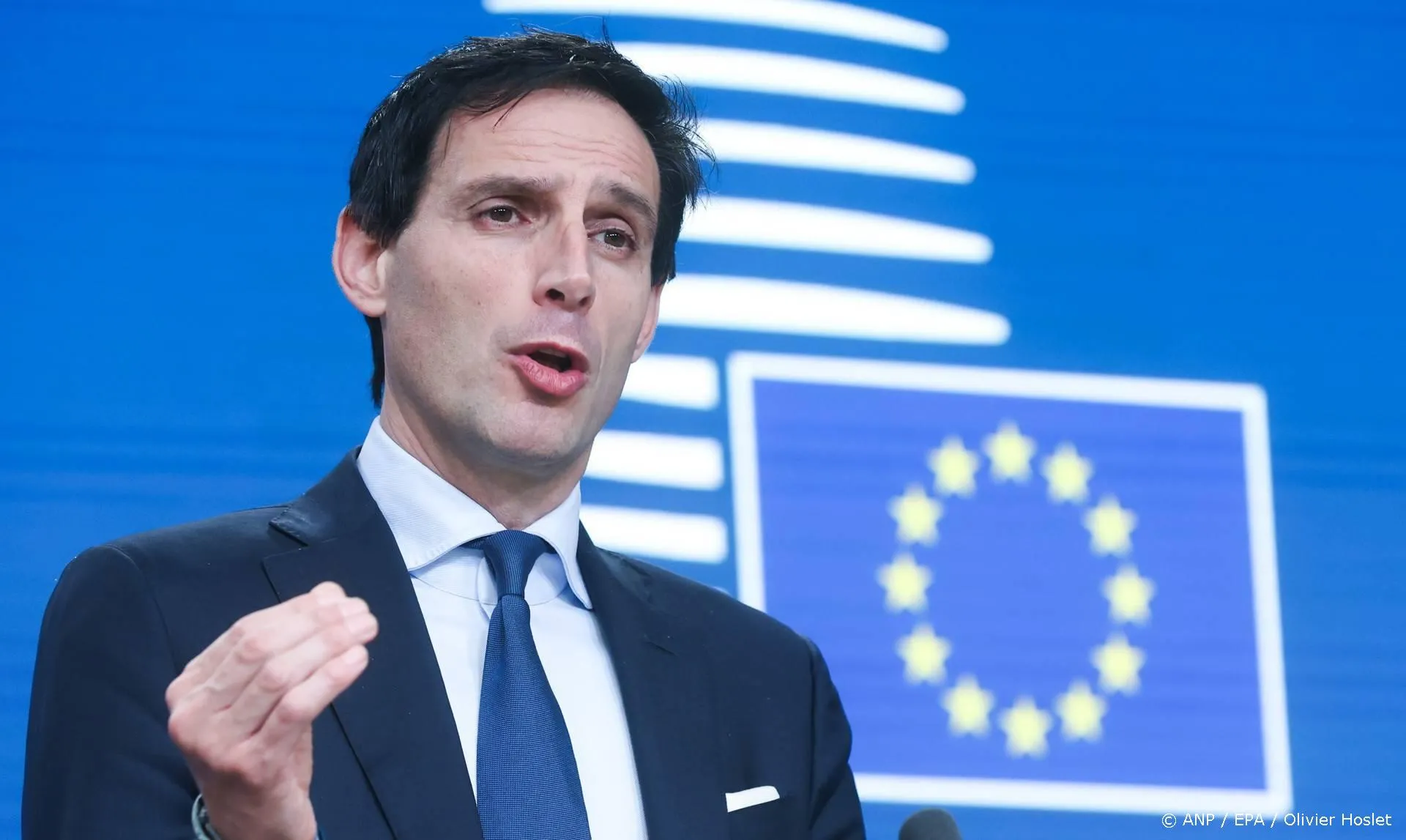VN-Klimaatpanel wéér in de fout
Het VN-klimaatpanel (IPCC) heeft de laatste jaren een golf van kritiek over zich heen gekregen wegens tendieuze berichtgeving over de vermeende, door de mens veroorzaakte verschrikkelijke opwarming van de aarde (die maar niet wil komen). Ondanks het feit dat klimaatsceptici de bevindingen van verschillende onderzoekscommissies beneden peil vonden, hebben al deze commissies toch kritiek gehad op de onzorgvuldige, selectieve en manipulatieve wijze waarop het IPCC de stand van de klimaatwetenschap meende te moeten weergeven. Berucht was de bewering dat de gletsjers van de Himalaya reeds in 2035 zouden zijn verdwenen. Dat bleek allesbehalve op 'peer-reviewed' studies te zijn gebaseerd, ondanks herhaalde verzekeringen van de voorzitter van het IPCC, Pachauri, dat dat wèl zo was.
Men zou denken dat het IPCC inmiddels voorzichtiger zou zijn geworden. Maar dat blijkt geenszins het geval. Onlangs werd bijvoorbeeld weer duidelijk dat de klimaatpropagandisten van Greenpeace nog steeds een invloedrijke positie binnen het IPCC innemen en nog steeds in staat zijn hun desinformatie, gesanctioneerd door het IPCC (Pachauri zelf!), te verspreiden.
Wat is het geval? Onder de titel, 'New IPCC error: renewables report conclusion was dictated by Greenpeace' rapporteert Mark Lynas (geen klimaatscepticus) daarover het volgende op zijn blog:
The headlines were unequivocal when the IPCC renewables report came out a few weeks ago. Heres the first line of the BBC News piece: Renewable technologies could supply 80% of the worlds energy needs by mid-century, says the Intergovernmental Panel on Climate Change (IPCC). The Guardian led with the same conclusion: Renewable energy could account for almost 80% of the worlds energy supply within four decades but only if governments pursue the policies needed to promote green power, according to a landmark report published on Monday. And so on. But what you werent told was that the actual report had not yet been released the headlines were based on a Summary for Policymakers (PDF) which referenced statistics and scenarios which journalists would not be able to check until the entire full report was released a month or so later. That release of the full report happened yesterday. And a close reading of it shows that the IPCC has made an error much more serious than the so-called Himalayagate and associated non-scandals last year it has allowed its headline conclusion to be dictated by a campaigning NGO.
Moreover, the error was spotted initially by none other than Steve McIntyre, who has been a thorn in the side of the IPCC and climate science generally for a long time. Yet this time McIntyre has got it right. [Noot HL: 'This time'?]
Heres what happened. The 80% by 2050 figure was based on a scenario, so Chapter 10 of the full report reveals, called ER-2010, which does indeed project renewables supplying 77% of the globes primary energy by 2050. The lead author of the ER-2010 scenario, however, is a Sven Teske, who should have been identified (but is not) as a climate and energy campaigner for Greenpeace International. Even worse, Teske is a lead author of the IPCC report also in effect meaning that this campaigner for Greenpeace was not only embedded in the IPCC itself, but was in effect allowed to review and promote his own campaigning work under the cover of the authoritative and trustworthy IPCC. A more scandalous conflict of interest can scarcely be imagined.
En zo gaat Lynas (ik herhaal het nog maar eens: geen klimaatscepticus) door.
Lees verder hier
Het blijft verbazingwekkend dat niemand binnen de IPCC-gemeenschap een halt kan toeroepen aan dit soort praktijken en dat zij zelfs door Pachauri zèlf nog worden gesanctioneerd. Het lijkt mij de hoogste tijd dat hij zich op andere uitdagingen stort. Hij zou zijn schrijverschap misschien een nieuwe impuls kunnen geven door een vervolg op zijn eerste roman: 'Return to Almora'? Of hij zou wellicht wat meer inhoud kunnen geven aan zijn vele lucratieve adviesfuncties.
Alhoewel in zijn eentje weet Pachauri het IPCC effectiever in discrediet te brengen dan alle klimaatsceptici bij elkaar. Dus misschien is het vanuit dat oogpunt maar beter dat hij aanblijft.
Het is algemeen bekend dat Pachauri door zijn verschillende andere functies, naast zijn voorzitterschap van het IPCC, behept is met een 'conflict of interests'. Maar hij is niet de enige. Ook het bedrijfsleven laat zich binnen het IPCC niet onbetuigd. Dat geldt bijvoorbeeld voor de sector die waterkrachtdammen bouwt.
Oliver Wright schrijft daarover in 'The Independent':
So why is the IPCC contravening international standard practice to promote hydropower?
Well this may be total coincidence but in addition to several independent scientists, the IPCC selected a number of authors to write the section of hydropower who have a vested interest in growing the sector.
Of the nine lead authors there are representatives of two of the worlds largest hydropower developers, a hydropower consultancy, and three agencies promoting hydropower at the national level.
As Peter Bosshard says: The authors conflict of interest is reflected throughout the hydropower section of the report, which at times reads like a marketing brochure of the dam industry.
So does all this matter? Well yes. Whether it likes it on not after Climategate the IPCC needs to be seen to be transparent or you just give succour to those who believe that global warming is one great conspiracy of the green movement.
Lees verder hier.
'Global warming one great conspiracy of the green movement'?
Hoe zou men dáár nu toch bij komen?
Ga verder met lezen
Dit vind je misschien ook leuk
Laat mensen jouw mening weten
Lees ook
Loading


